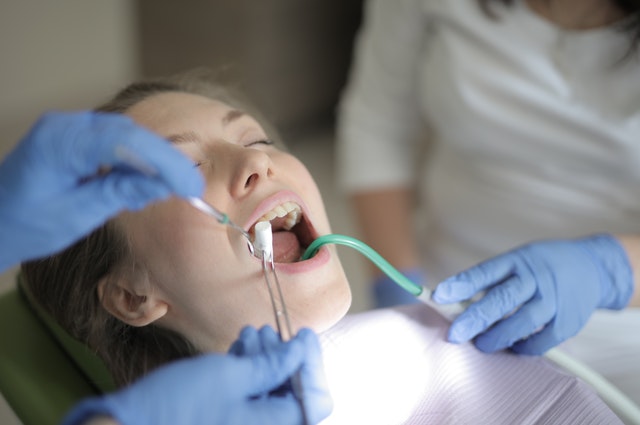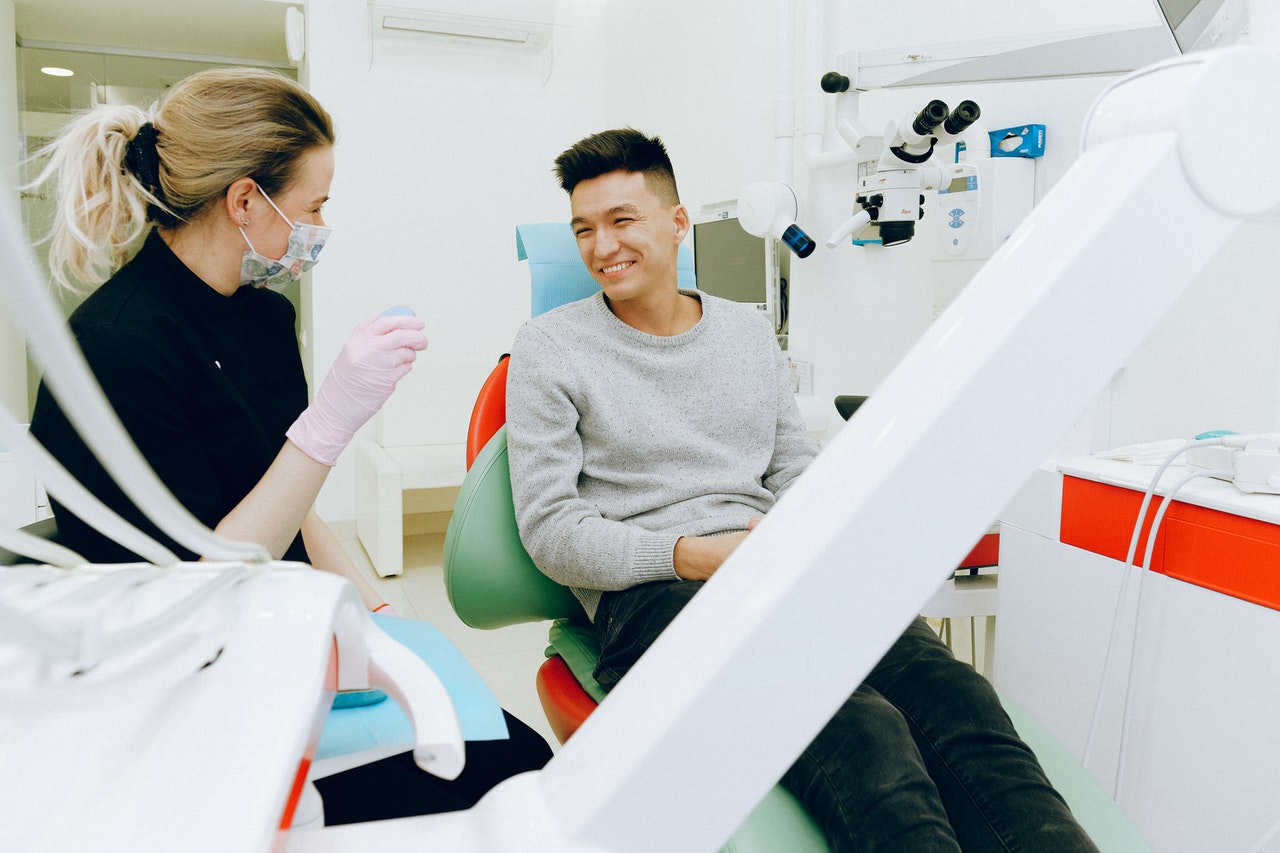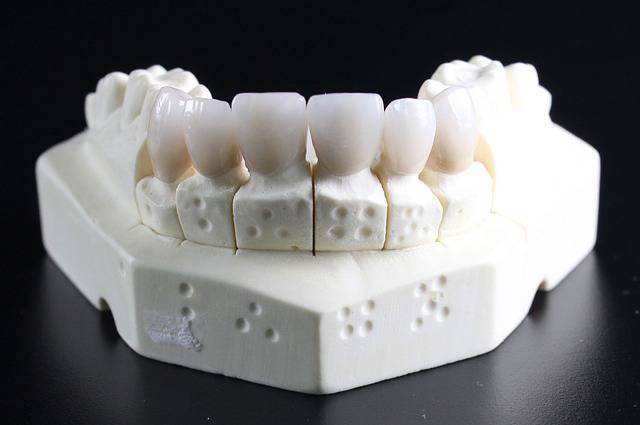Top 5 Most Amazing Steps to Prevent Dental Caries

Dental caries, commonly known as tooth decay or cavities, is a prevalent oral health issue affecting people of all ages worldwide. It occurs when bacteria in the mouth produce acids that demineralize and damage the enamel and underlying layers of the teeth. While dental caries can lead to pain, discomfort, and tooth loss if left untreated, it is largely preventable through proper oral hygiene practices and lifestyle habits. This comprehensive guide aims to outline the steps individuals can take to prevent dental caries and maintain optimal oral health.
Understanding Dental Caries:
Before delving into prevention strategies, it's essential to understand the factors contributing to dental caries. Several key elements play a role in the development of cavities:
-
Bacteria: The mouth harbors various types of bacteria, including Streptococcus mutans and Lactobacillus, which metabolize sugars from food and produce acids as byproducts. These acids can erode tooth enamel and initiate the demineralization process.
-
Diet: Consuming sugary and acidic foods and beverages fuels bacterial activity and contributes to enamel erosion. Frequent snacking, especially on sugary treats, creates an environment conducive to cavity formation.
-
Poor Oral Hygiene: Inadequate brushing and flossing allow plaque, a sticky film of bacteria, to accumulate on the teeth and along the gumline. Over time, plaque hardens into tartar, providing a breeding ground for harmful bacteria and increasing the risk of cavities.
-
Saliva Flow: Saliva plays a crucial role in neutralizing acids, remineralizing enamel, and washing away food particles and bacteria. Conditions that reduce saliva flow, such as medications, medical treatments, or certain health conditions, can increase susceptibility to dental caries.
-
Genetics: Genetic factors can influence individual susceptibility to cavities, including variations in enamel strength, saliva composition, and immune response to oral bacteria.
With these factors in mind, let's explore the steps individuals can take to prevent dental caries effectively:
-
Maintain Good Oral Hygiene:
The foundation of cavity prevention lies in maintaining proper oral hygiene practices:
-
Brushing: Brush your teeth at least twice a day using fluoride toothpaste and a soft-bristled toothbrush. Brushing removes plaque, food particles, and bacteria from the tooth surfaces and along the gumline.
-
Flossing: Clean between your teeth once a day using dental floss or interdental brushes to remove plaque and debris from areas that a toothbrush cannot reach. Flossing helps prevent cavities and gum disease.
-
Mouthwash: Rinse with an antimicrobial mouthwash containing fluoride to reduce bacteria and strengthen enamel. Choose a mouthwash that carries the ADA Seal of Acceptance for effectiveness and safety.
-
Tongue Cleaning: Use a tongue scraper or brush to clean the surface of your tongue daily. Bacteria and food debris can accumulate on the tongue, contributing to bad breath and oral bacteria proliferation.
-
Regular Dental Checkups: Schedule dental exams and cleanings every six months or as recommended by your dentist. Professional cleanings remove hardened plaque (tartar) and allow your dentist to detect early signs of cavities or other oral health issues.
-
Follow a Balanced Diet:
Dietary choices significantly impact oral health. To reduce the risk of dental caries:
-
Limit Sugary Foods and Drinks: Minimize consumption of sugary snacks, candies, sodas, and desserts, as they provide fuel for cavity-causing bacteria. Opt for water or unsweetened beverages instead of sugary drinks.
-
Choose Tooth-Friendly Snacks: Instead of sugary treats, snack on fresh fruits, vegetables, nuts, and dairy products like cheese or yogurt, which are low in sugar and high in essential nutrients for dental health.
-
Avoid Sticky and Acidic Foods: Sticky foods like caramel and dried fruits can adhere to the teeth, promoting bacterial growth and enamel erosion. Similarly, acidic foods and beverages like citrus fruits and soft drinks can weaken enamel and increase susceptibility to cavities.
-
Drink Plenty of Water: Water helps rinse away food particles, neutralize acids, and maintain saliva production, promoting a healthy oral environment. Drink fluoridated water to strengthen enamel and reduce the risk of cavities.
-
Use Fluoride Products:
Fluoride is a natural mineral that strengthens enamel and helps prevent tooth decay. Incorporate fluoride into your oral care routine:
-
Fluoride Toothpaste: Choose a toothpaste containing fluoride, which remineralizes enamel and protects against acid erosion. Use a pea-sized amount of fluoride toothpaste when brushing your teeth.
-
Fluoride Treatments: Ask your dentist about professional fluoride treatments, especially if you're at higher risk of cavities. These treatments involve applying a concentrated fluoride gel, foam, or varnish to the teeth to strengthen enamel and inhibit cavity formation.
-
Fluoridated Water: If your community water supply is not fluoridated, consider using fluoride supplements or fluoridated toothpaste and mouthwash to ensure adequate fluoride intake for optimal dental health.
-
Practice Proper Oral Habits:
In addition to brushing and flossing, adopt other oral habits to maintain a healthy smile:
-
Chew Sugar-Free Gum: Chewing sugar-free gum, especially after meals, stimulates saliva flow, which helps neutralize acids, remineralize enamel, and wash away food debris and bacteria.
-
Use Dental Sealants: Dental sealants are thin, protective coatings applied to the chewing surfaces of the back teeth (molars and premolars) to seal off deep grooves and fissures where bacteria and food particles can accumulate. Sealants provide an extra layer of protection against cavities, particularly in children and teenagers.
-
Avoid Tobacco Products: Smoking and using smokeless tobacco increase the risk of gum disease, tooth loss, and oral cancer. Quitting tobacco products promotes better oral and overall health.
-
Monitor Oral Health Changes:
Regularly monitor your oral health and seek prompt dental care if you notice any signs or symptoms of cavities or other dental problems:
-
Tooth Sensitivity: Sensitivity to hot, cold, sweet, or acidic foods and beverages can indicate enamel erosion and tooth decay.
-
Tooth Discoloration: Dark spots, white spots, or visible holes (cavities) on the teeth may indicate decay and require professional evaluation and treatment.
-
Gum Changes: Swollen, tender, or bleeding gums, as well as persistent bad breath, could be signs of gum disease, which can lead to tooth loss if left untreated.
-
Pain or Discomfort: Toothache, jaw pain, or discomfort when biting or chewing may signal underlying dental issues that need to be addressed by a dentist.
Conclusion:
Preventing dental caries is a lifelong commitment that requires diligence, discipline, and regular dental care. By adopting good oral hygiene practices, following a balanced diet, using fluoride products, practicing proper oral habits, and monitoring oral health changes, individuals can significantly reduce their risk of cavities and maintain optimal oral health throughout their lives. Remember, prevention is key to a healthy smile and a happier, cavity-free future.
Frequently Asked Questions (FAQs) about Steps to Prevent Dental Caries
-
What are the primary causes of dental caries?
Dental caries, commonly known as cavities or tooth decay, are primarily caused by a combination of factors including bacteria in the mouth, frequent consumption of sugary or acidic foods and beverages, poor oral hygiene practices, reduced saliva flow, and genetic predisposition. These factors contribute to the demineralization of tooth enamel and the development of cavities over time. -
How can I prevent dental caries at home?
Preventing dental caries starts with maintaining good oral hygiene habits such as brushing your teeth at least twice a day with fluoride toothpaste, flossing daily to remove plaque and debris between teeth, and rinsing with an antimicrobial mouthwash. Additionally, limiting sugary and acidic foods and drinks, choosing tooth-friendly snacks, and drinking plenty of water can help reduce the risk of cavities. Regular dental checkups and professional cleanings every six months are also essential for early detection and treatment of dental issues. -
Is fluoride effective in preventing dental caries?
Yes, fluoride is highly effective in preventing dental caries. Fluoride is a naturally occurring mineral that strengthens tooth enamel and helps to remineralize areas that have been affected by acid erosion. Using fluoride toothpaste, receiving professional fluoride treatments, and drinking fluoridated water can all contribute to cavity prevention. However, it's essential to use fluoride products as directed and consult with your dentist about the appropriate fluoride regimen for your specific dental needs. -
Are dental sealants beneficial for cavity prevention?
Yes, dental sealants are beneficial for cavity prevention, especially in children and adolescents. Dental sealants are thin, protective coatings applied to the chewing surfaces of molars and premolars to seal off deep grooves and fissures where bacteria and food particles can accumulate. By creating a smooth surface that is easier to clean, sealants help to prevent cavities from forming in these vulnerable areas. Sealants are a safe and effective way to provide extra protection against dental caries, but they should be applied by a dentist or dental hygienist. -
What are the signs that I may have a cavity?
Several signs and symptoms may indicate the presence of a cavity, including tooth sensitivity to hot, cold, sweet, or acidic foods and beverages, visible holes or pits in the teeth, tooth discoloration (dark spots or white spots), and persistent toothache or discomfort. If you experience any of these symptoms, it's essential to schedule an appointment with your dentist for a comprehensive examination and appropriate treatment. Early detection and intervention can help prevent further damage and preserve the health of your teeth.






One Comment